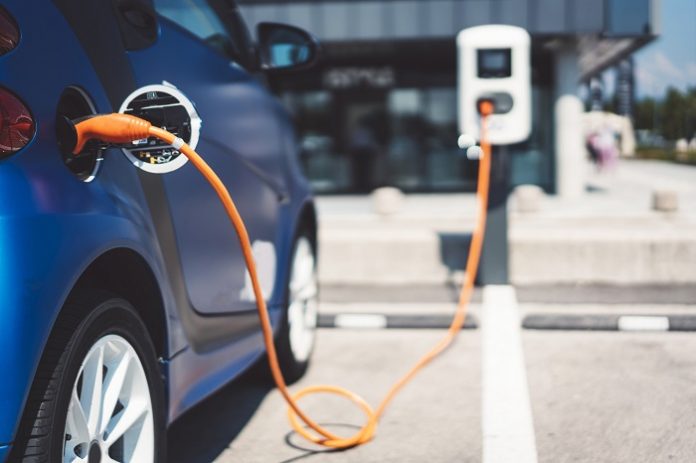The power electronics market is estimated to witness stellar growth underscored by the rising requirement for electronics modules in smart home appliances and the purchase of advanced consumer electronics. These modules are used extensively in air conditioners, smart TVs, HVAC control systems, robotic vacuums, smart energy meters, and other smart appliances for increasing the power efficiency of devices and to abstain the possibility of electrocutions. Mounting inclination towards IoT and AI technologies in smart homes could create new business prospects for power electronic manufacturers.
Ramping up sales of electric vehicles
Electric vehicles are steadily replacing conventional gasoline vehicles and are gaining prominence across North America and Asia Pacific. Escalating prices of fuel in APAC has incited consumers to shift towards more affordable transportation solutions like EVs. Over the coming years, it is likely that electric vehicles could become with the preferred mode of transit in view of new technological advancements in longer-lasting and affordable batteries.
This shift could also evidently ramp up the production of power electronics systems, such as MOSFETs, power switches, power modules, IGBTs, and power management integrated circuits (PMICs), as there are heavily integrated into battery management units (BMU), automotive powertrain systems, and motor drives. Government initiatives to encourage sales of EVs as to concerns over emissions and the environment could boost the supply and demand of power electronics in the EV sector.
Installation of EV charging stations across Europe
With production and sales of electric vehicles spiking up across European countries like France, the UK, Italy, Spain, and Germany, the requirement for effective charging infrastructure is heightened. According to the Department for Transport, in January 2021, there were 20,775 public electric vehicle charging devices in the UK, of which, 3,880 were fast chargers. These charging infrastructures are integrated with a myriad of power electronic systems. Incremental construction of new EV charging stations across remote locations in Europe may augment the power electronics business outlook across the region. As per a report, the European power electronics market was valued at over USD 4 billion in 2020 is anticipated to register 4.5% CAGR between 2021 to 2027.
Technological advancements in power electronics
Companies like NXP Semiconductor N.V., Texas Instruments Incorporated, Fuji Electric Co. Ltd., Mitsubishi Electric Corporation, STMicroelectronics N.V., ON Semiconductor Corporation, Infineon Technologies AG, TOSHIBA ELECTRONIC DEVICES & STORAGE CORPORATION, among others are holding a significant share in the power electronics sector. All these companies are focusing on taking strategic initiatives like investing in R&D activities for developing technologically advanced products, and mergers & acquisitions.
Highlighting such instances, in May 2019, Infineon Technologies AG announced the launch of HybridPack series of power modules, which has applications in electric vehicles. While in December 2020, Toshiba launched 1,200V silicon carbide (SiC) MOSFET, which has applications in DC-DC converters, photovoltaic inverters, and AC-DC converters.








